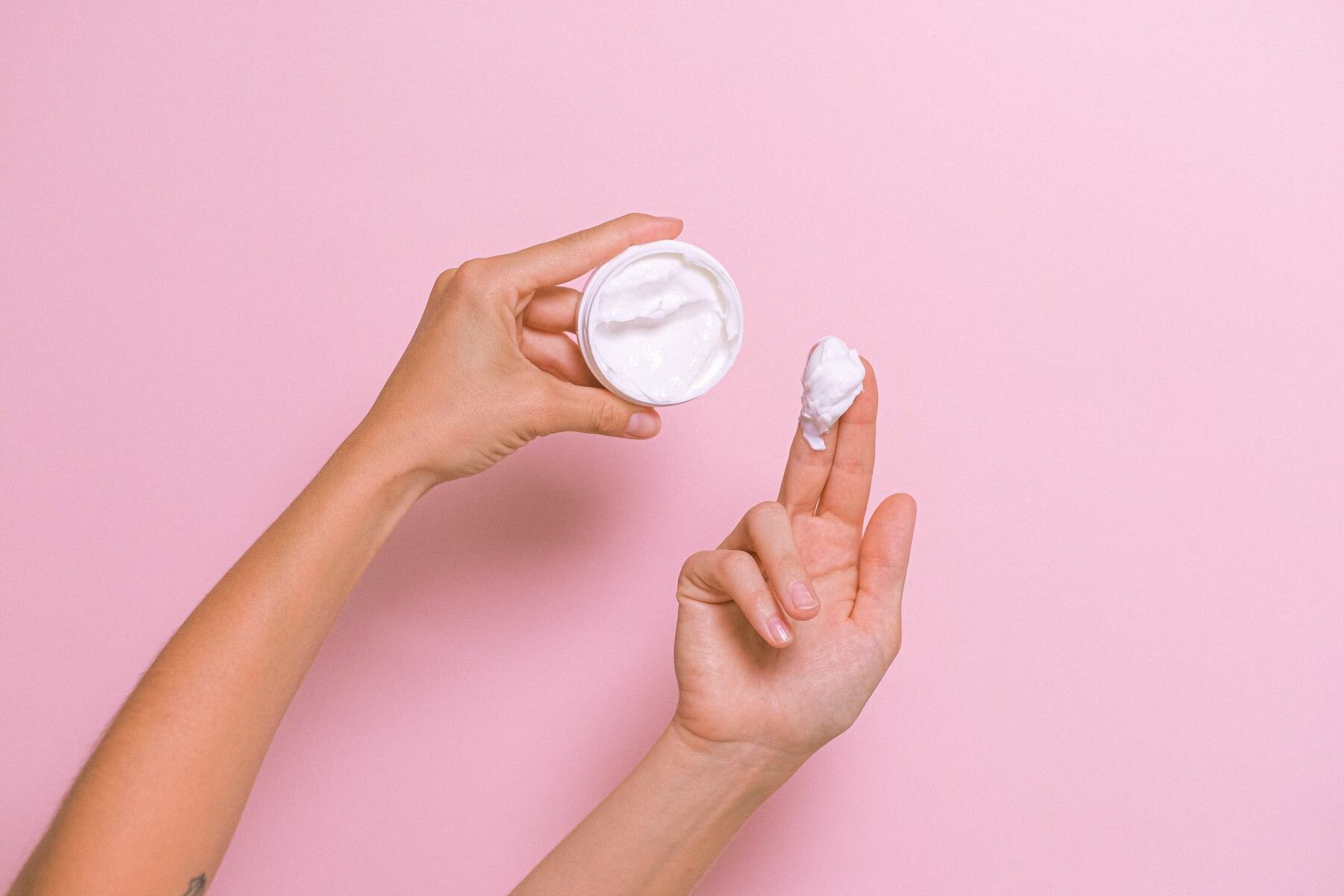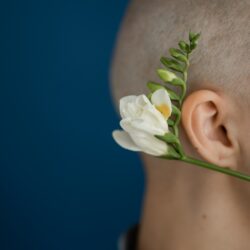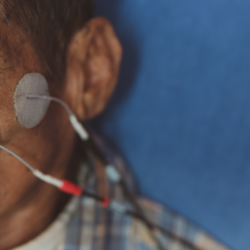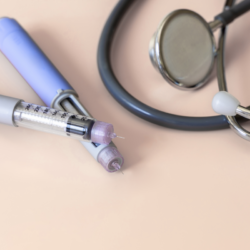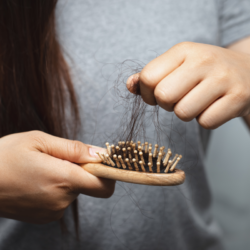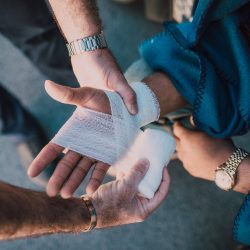Psoriasis is a common chronic autoimmune disease. It is characterised by red patches covered with white scales. In fact, psoriasis causes a rapid accumulation of skin cells. This accelerated desquamation of the epidermis has different etiologies.
What causes psoriasis?
According to naturopathic principles, psoriasis develops when the brain and nervous system are overwhelmed and the body can no longer cope. There are many causes of psoriasis:
- Deficiency in essential fatty acids
- Deficiency in trace elements
- Multiple intoxications: tobacco, alcohol, etc.
- Excess of dairy products
- Stress: emotional overload, repression, excessive noise, overeating, excessive sport, insomnia.
What are the symptoms?
The manifestations of psoriasis differ from patient to patient. Moreover, they depend on the type of psoriasis one is suffering from. Psoriasis can affect small areas as well as large parts of the body and scal p.
The most common symptoms of psoriasis are
- dry skin dry skin skin that can crack and bleed
- inflamed patches of skin
- pain, itching and burning burning sensation around spots
- scales or patches whitish or grey patches on purple and brown spots
- thickening of the nails
- pain in the joints which will also tend to be swollen.
Most people with psoriasis experience “cycles” of symptoms. In fact, psoriasis can be severe for a few days or weeks. Then the symptoms may disappear. Then the disease may flare up again. Occasionally, the symptoms disappear completely. This is called remission.
Can psoriasis be cured?
Like many immune-related diseases, psoriasis still has no definitive cure. However, over the past few decades we have seen major advances in our understanding of the pathogenesis of the disease. Each iteration of the research and development mechanism has led to new drugs that work better, faster and longer.
Is there a natural treatment to help the body cope optimally?
In the face of everyday stresses, the body must be able to repair itself satisfactorily every day. To do this, it is important to have a good night’s sleep as well as a sufficient intake of omega3 fatty acids (fish oil-based food supplements are very interesting in the treatment of psoriasis).
Example of a natural treatment:
- rebalancing the diet with an emphasis on reducing the consumption of dairy products of animal origin
- stop snacking between meals
- increasing the intake of omega3: oily fish, walnuts or high quality walnut oil
- create a relaxation routine to promote sleep (herbal tea, reading, meditation, gratitude journaling, massages, etc.)
- On an empty stomach on Mondays – Wednesdays – Fridays: one dose of Copper Gold Silver Oligosol alternating with Zinc Nickel Cobalt from Oligosol
- 3 times a day, 1ml of Depulan Soria natural
- 1 ampoule of Lithium Granions
- 1 zinc tablet at bedtime.
What triggers psoriasis?
Many people who are predisposed to psoriasis may be symptom-free for years. Until the day the disease is triggered by exposure to an environmental factor. Common triggers for psoriasis are
- infections
- certain weather conditions
- skin lesions
- smoking and passive smoking
- excessive alcohol consumption
- certain medications
- rapid cessation of corticosteroids
What is the role of the immune system?
The immune system plays a key role in the development of psoriasis. Indeed, immune cells that produce tumour necrosis factor, interferon, interleukin (IL)-17, IL-23 and IL-36 appear to be the main pro-inflammatory signals that cause the disease.
Once the immune system of a susceptible individual is stimulated, it creates a persistent and overactive immune response. As a result, there is an increase in inflammation of the skin, blood and other organs. Unfortunately, this immune response is difficult to stop without medical intervention. Moreover, it can have negative consequences if not managed quickly. Ultimately, “calming” the immune system automatically calms the psoriasis.
Sources:
https://www.ncbi.nlm.nih.gov/pmc/articles/PMC5683129/
https://www.ncbi.nlm.nih.gov/books/NBK430879/
https://pubmed.ncbi.nlm.nih.gov/30778861/

